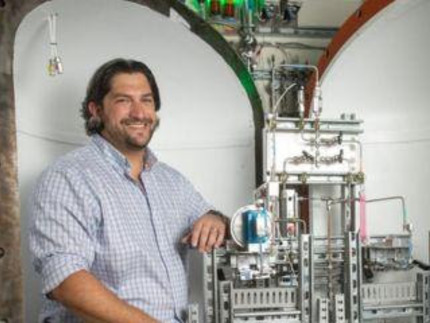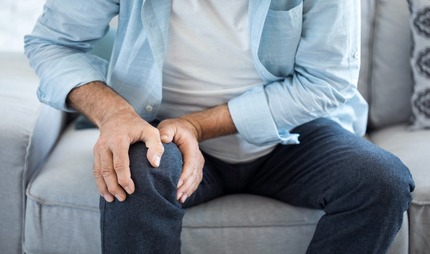We help connect Lehigh's cutting-edge technologies and researchers with industry partners, investors, and entrepreneurs to bring innovative solutions to real-world problems. Through your research and technology transfer, Lehigh can share innovations throughout the world for the benefit of the public and in the service of society’s well-being.
Office of Technology Transfer - Start the Process
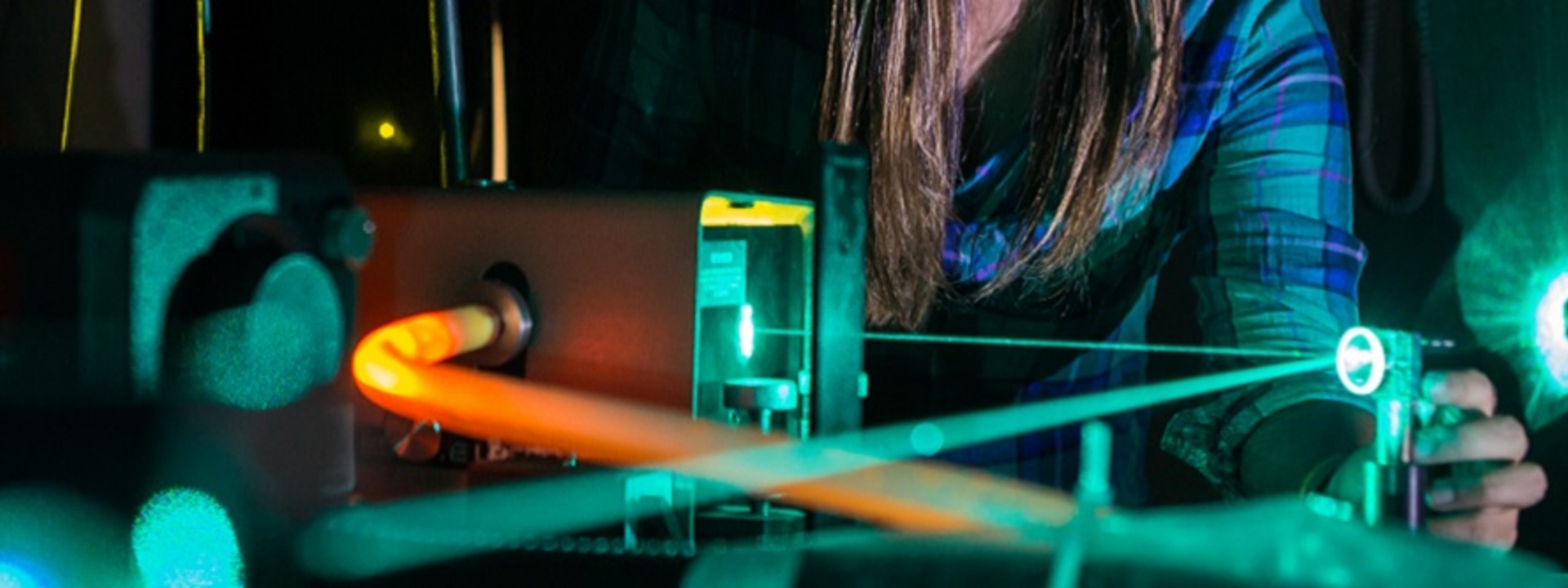
Annoucements
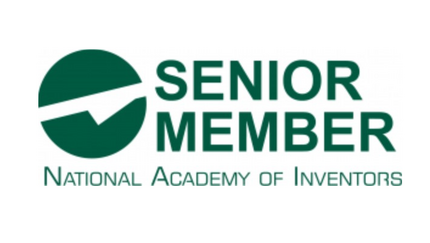
Lehigh Faculty Named Senior Members of the National Academy of Inventors (NAI)
Jonas Baltrusaitis, associate professor, chemical and biomolecular engineering.
Xuanhong Cheng, professor, bioengineering and materials science and engineering.
Siddha Pimputkar, associate professor, materials science and engineering.
Yahong Rosa Zheng, professor, electrical and computer engineering.
Volkmar Dierolf, professor chair of the physics department with a joint appointment in the Department of Materials Science and Engineering in Rossin.
Xiaoji Xu, associate professor of chemistry.
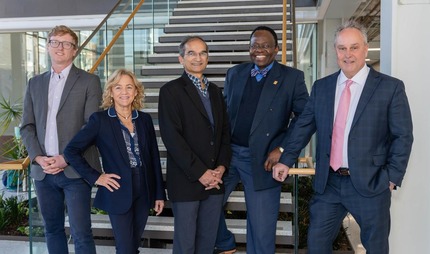
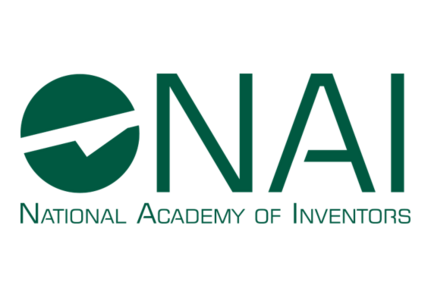
Faculty in the News
